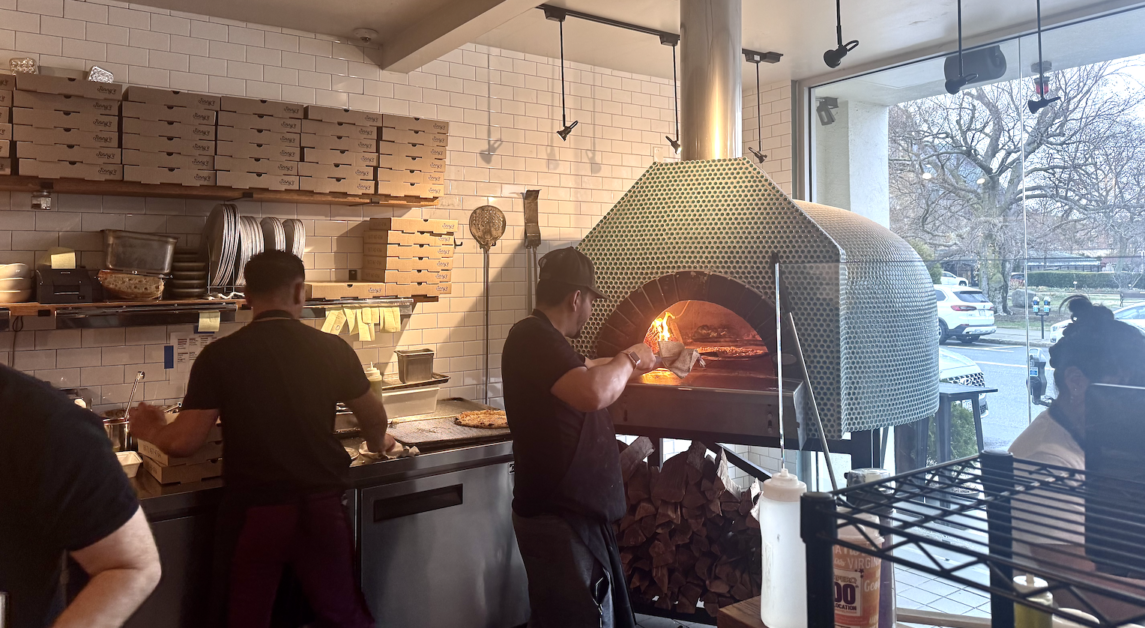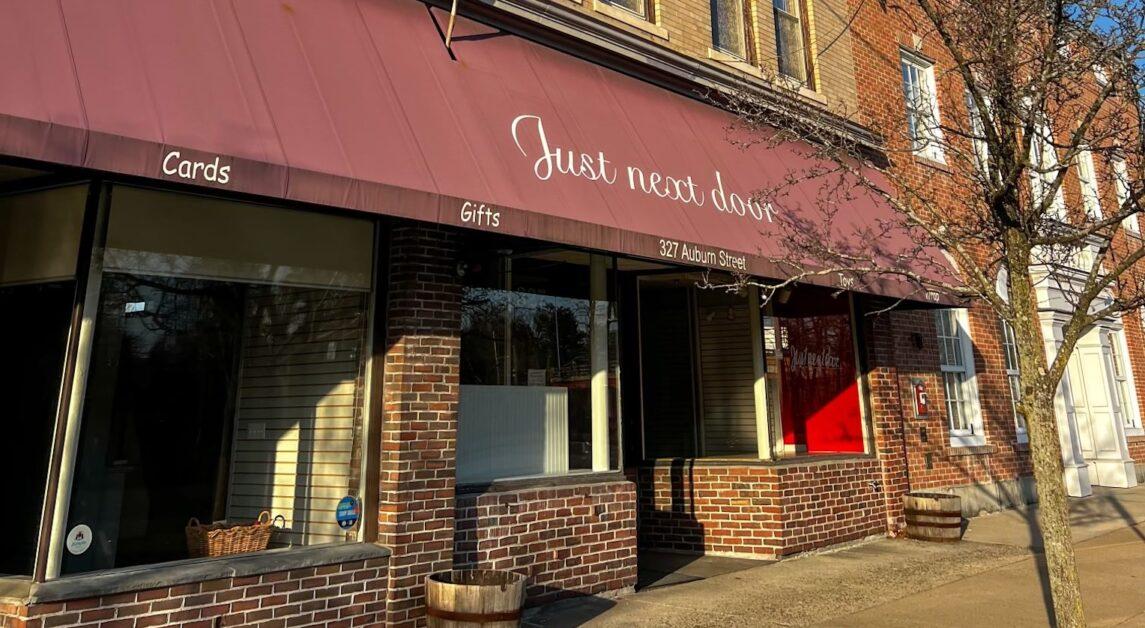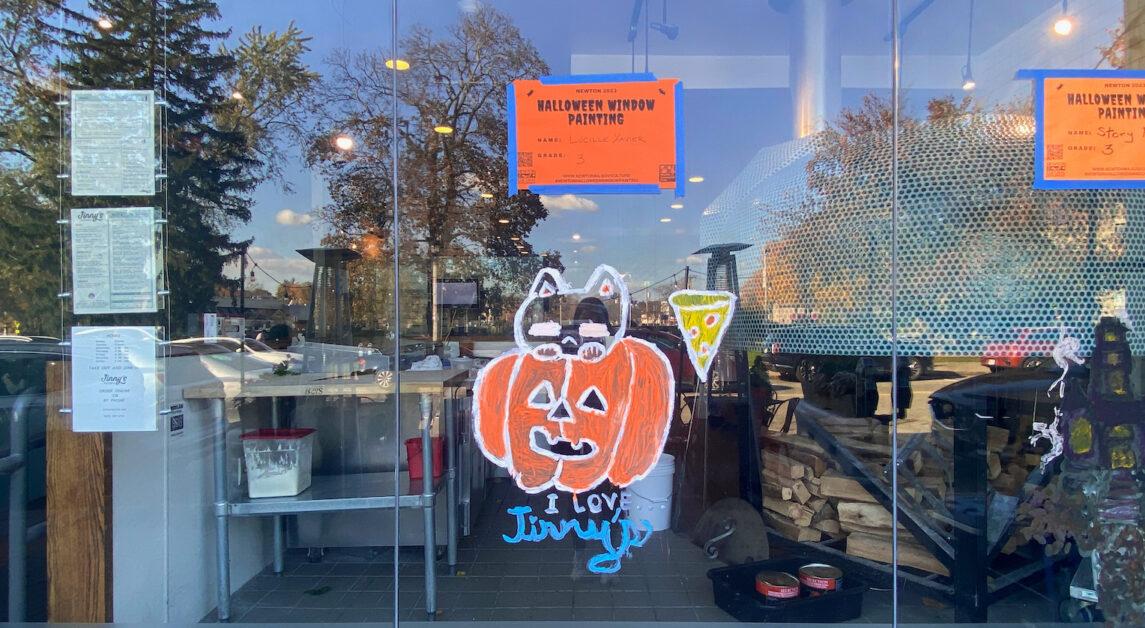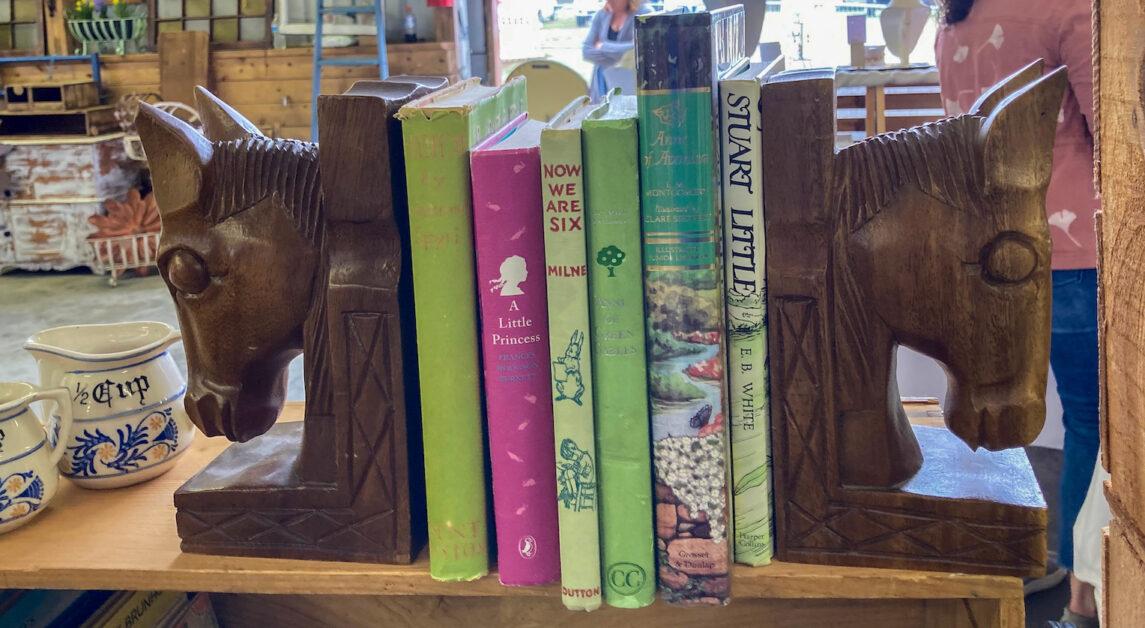Raja Moubarak and Benedicte de Vanssay de Blavous Moubarak are uncovering the beauty of brokenness in more ways than one. Their company, 2b design, based in Cambridge, Mass. and Beiruit, Lebanon, is rooted in redefining what it means to be broken by repurposing rubble from Middle Eastern villages into modern home decor.
From lampshades to coffee tables, Beyt by 2b design is creating special pieces with even more unique histories in order to preserve a quickly disappearing architectural significance.
Created in 2006, the concept of 2b design originated as French designer Benedicte and her husband Raja moved to Beirut, Lebanon. While living in Beirut, Benedicte was struck by the amount of traditional houses that had been destroyed due to violence and unchecked real estate development. In an effort to preserve the unique style of what was left of the Levantine homes, she began to collect pieces of their rubble, such as portions of balconies, railings, and window frames, and decided to repurpose them into new furniture. “She wanted to find a way to prolong their historical significance, and that was 2b design,” said Raja, cofounder of 2b design and Benedicte’s husband.
After an unsuccessful search for an artisan to turn 2b design from an idea into a company, Benedicte looked to people coming from broken backgrounds for help. She teamed up with a group of disabled Lebanese iron workers to start the company’s flagship brand, Beyt.
Based in humble beginnings, 2b design continues to maintain its original values by using recycled home material from the Middle East in 90 percent of each piece of furniture, and hiring only disabled and marginalized individuals to be trained as artisans. “If we were going to have to train people, we thought, ‘Why don’t we train those who have no access to the job market?'” Raja said. “We work with the beauty of broken pieces-it makes sense to work with the beautiful people who may be broken in mind, body, or spirit.”
Since the founding of 2b design, Raja and Benedicte have worked with outreach groups in order to provide access to jobs for the impoverished and disabled as well as persons of different faith backgrounds.
“Our mission is to restore the unseen beauty of the broken,” Moubarak said, speaking not only about the restoration of furniture but other aspects of brokenness that characterize the current state of the Middle East.
As Beirut is located in a region that is constantly pulled in three different directions, Raja and Benedicte hope that bringing people of different faiths and cultures together will help to establish a sense of unity. “We try to work with Jews, Christians, and Muslims who are in a state of tension in order to potentially unite different faith backgrounds,” Raja said. “The benefit of a multi-religious team is that they co-create all of the pieces together.”
This effort to unite the “brokenness” of cultural relationships in the Middle East is echoed in the names Raja and Benedicte chose for their company’s flagship brand. “Beyt is very symbolic by nature, it reflects our mission,” Raja said. The word “beyt” is synonymous for both Jews and Muslims as it can be translated to “house” or “home” in both Hebrew and Arabic.
Along with cultural brokenness, the mission of 2b design extends to fixing what Raja calls the “broken environment” of the Middle East, as every piece created is repurposed in some way. Since the company began, 2b design has used over 90,000 pounds of reclaimed raw materials to create its unique furnishings.
Although at its core 2b design is a small business, Raja and Benedicte view this title as a way to transform and improve the world. “Our objective is to get to a larger scale, not to become big in wealth but to be able to touch more people,” Raja said. “We want to collaborate with other organizations and attract customers with likeminded values and principles.”
This desire to attract customers with similar ideas as 2b design led Raja and Benedicte to decide on Cambridge as the U.S. hub of their business, with Raja saying, “Boston is a very open-minded place-because of the rich environment of colleges and universities, we thought our concept would be well accepted.”
Although located in a quaint gallery in residential Cambridge, the goals of 2b design are always growing. Raja and Benedicte hope to hire more marginalized women in the U.S. and continue working on interreligious reconciliation, as well as collaborations with organizations such as Habitat for Humanity and Pine Street Inn.
“We want everyone, at the end of the day, to realize we are all human beings,” Raja said. “With compassion and understanding, you can change the world.”












